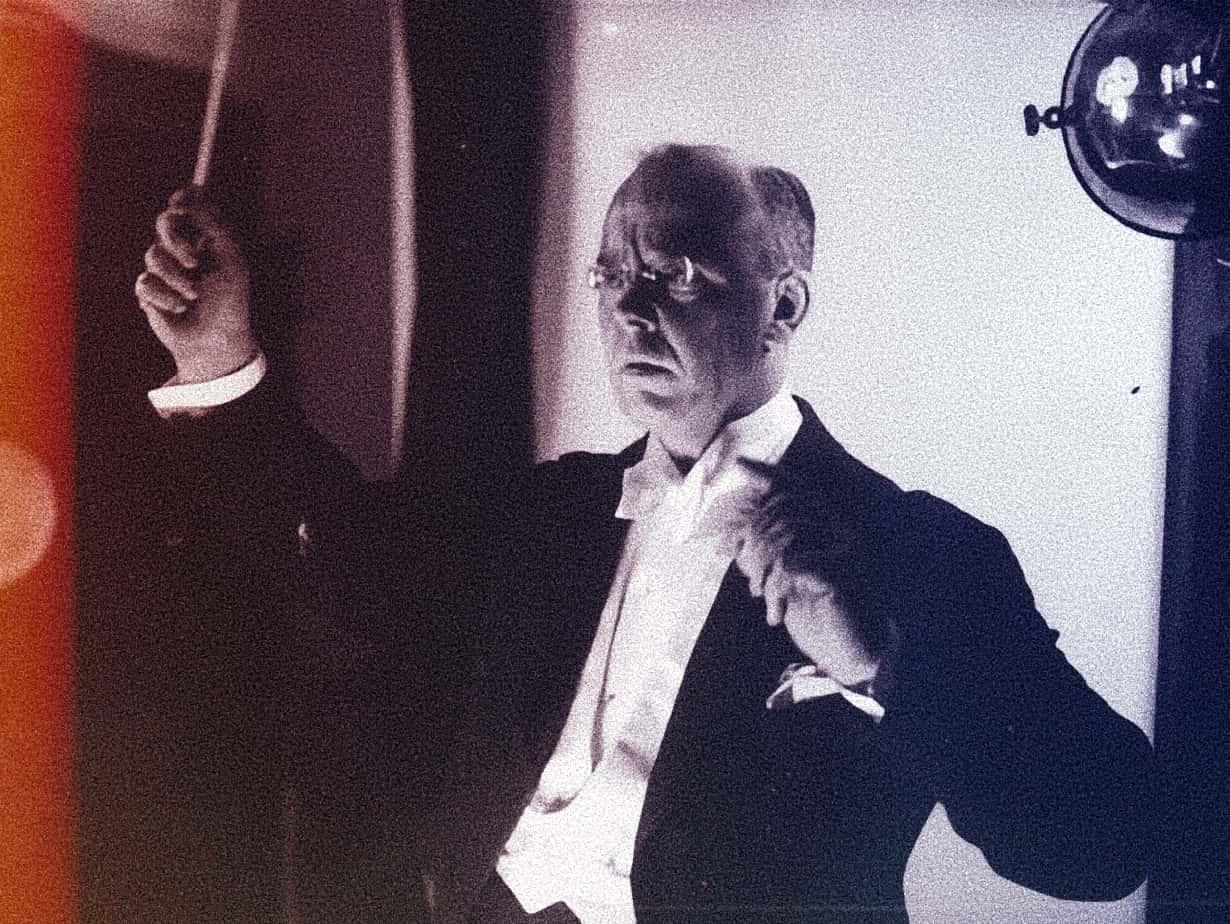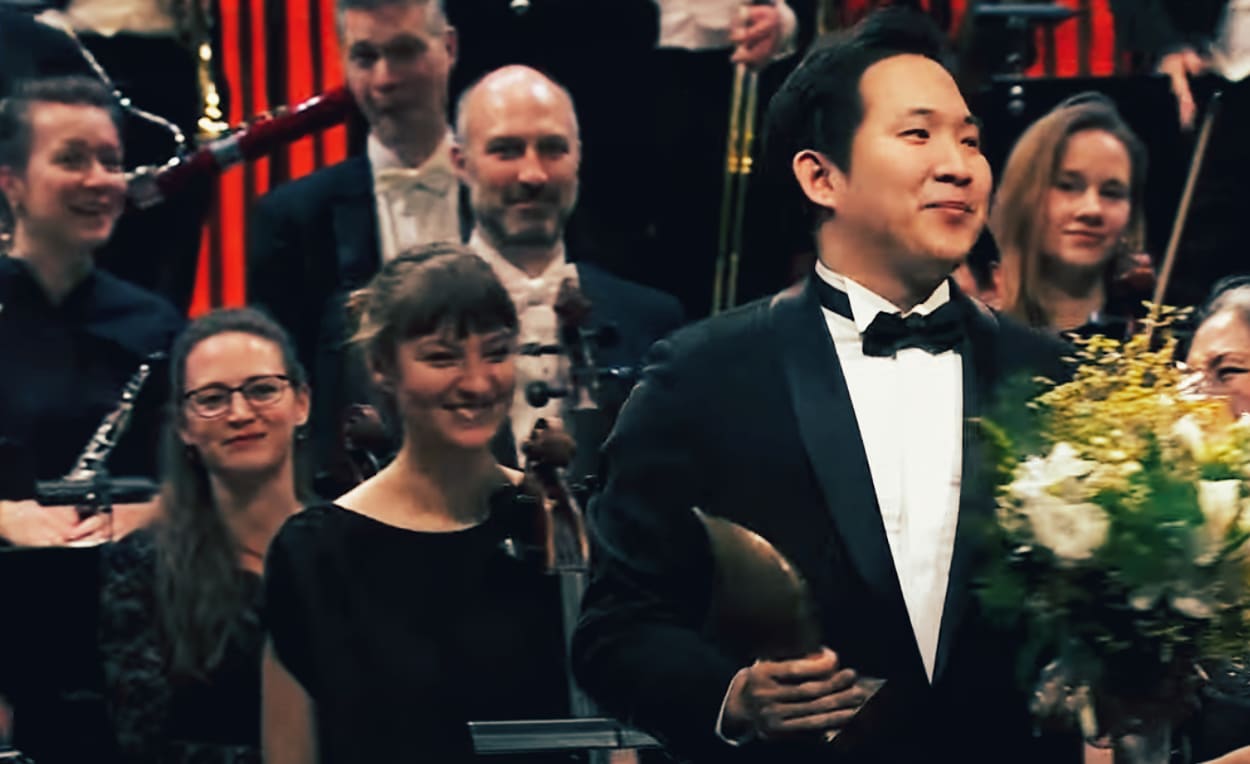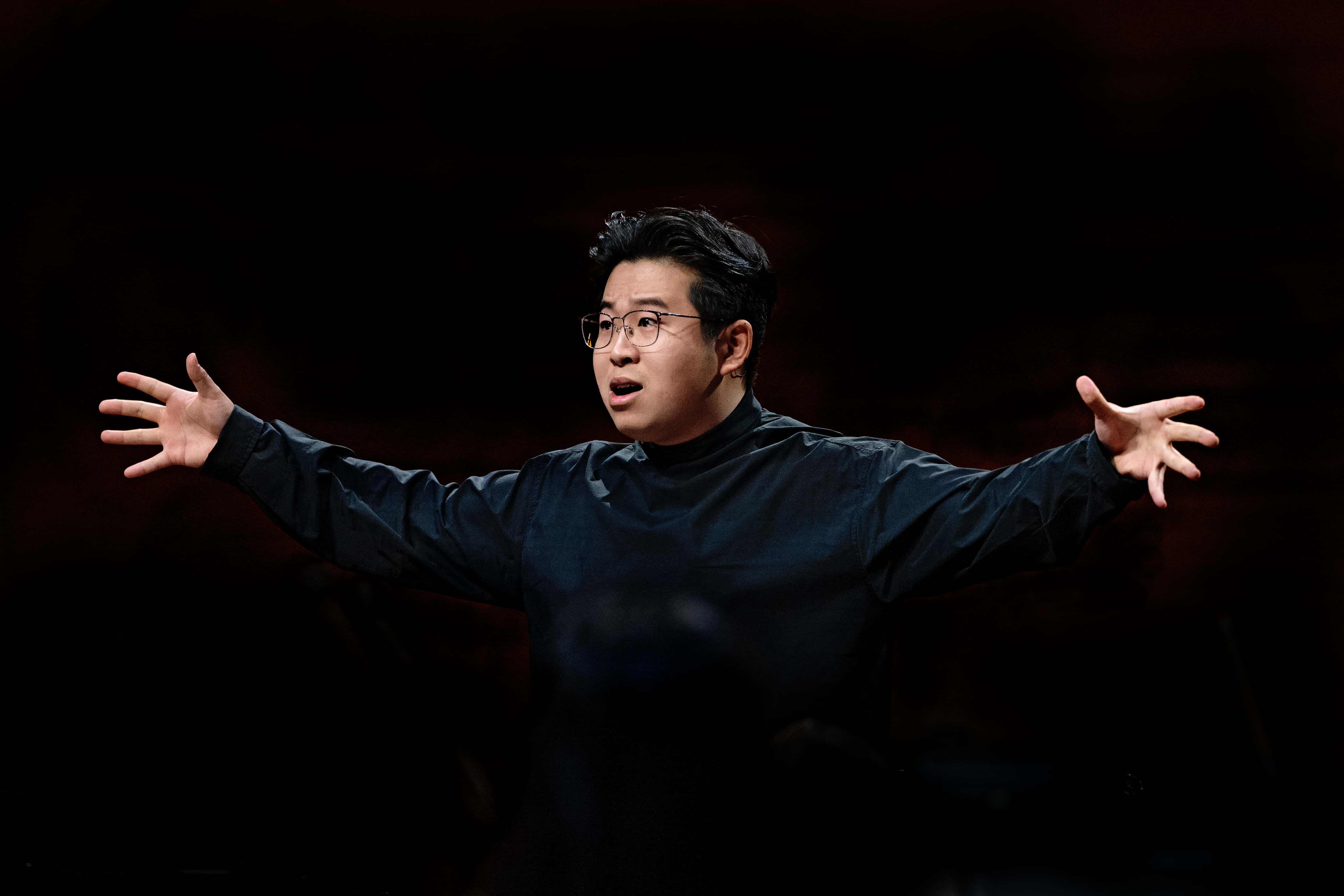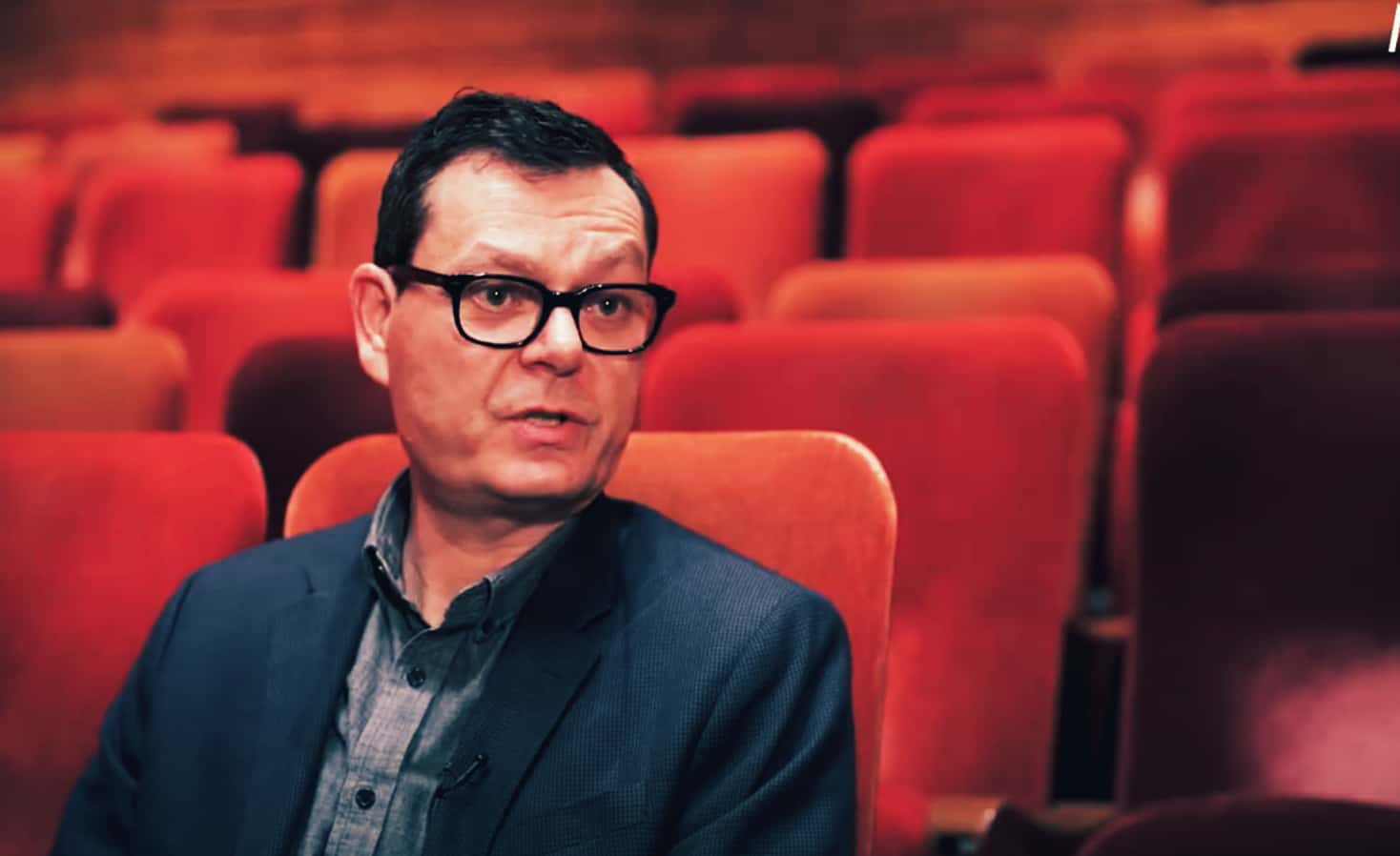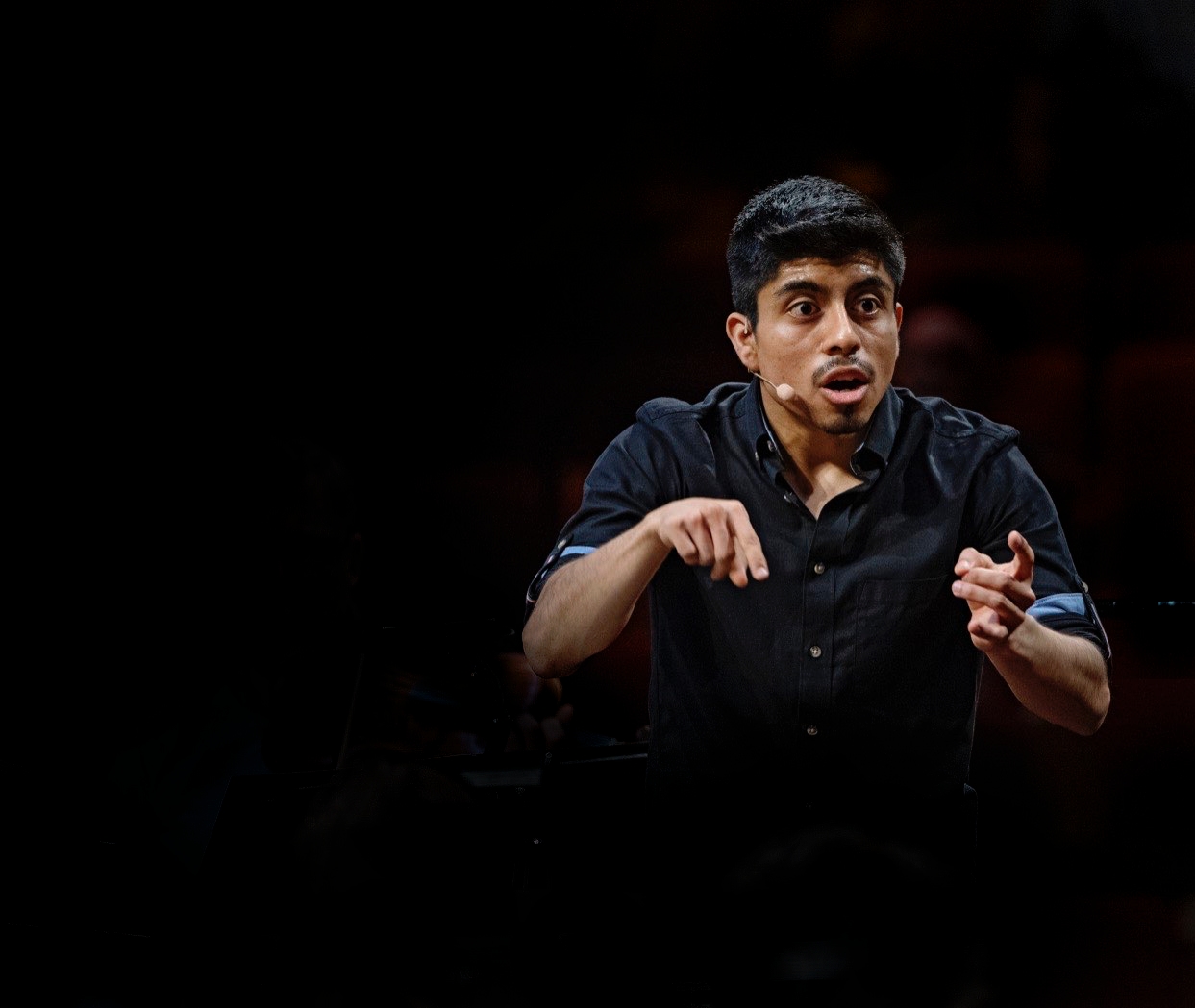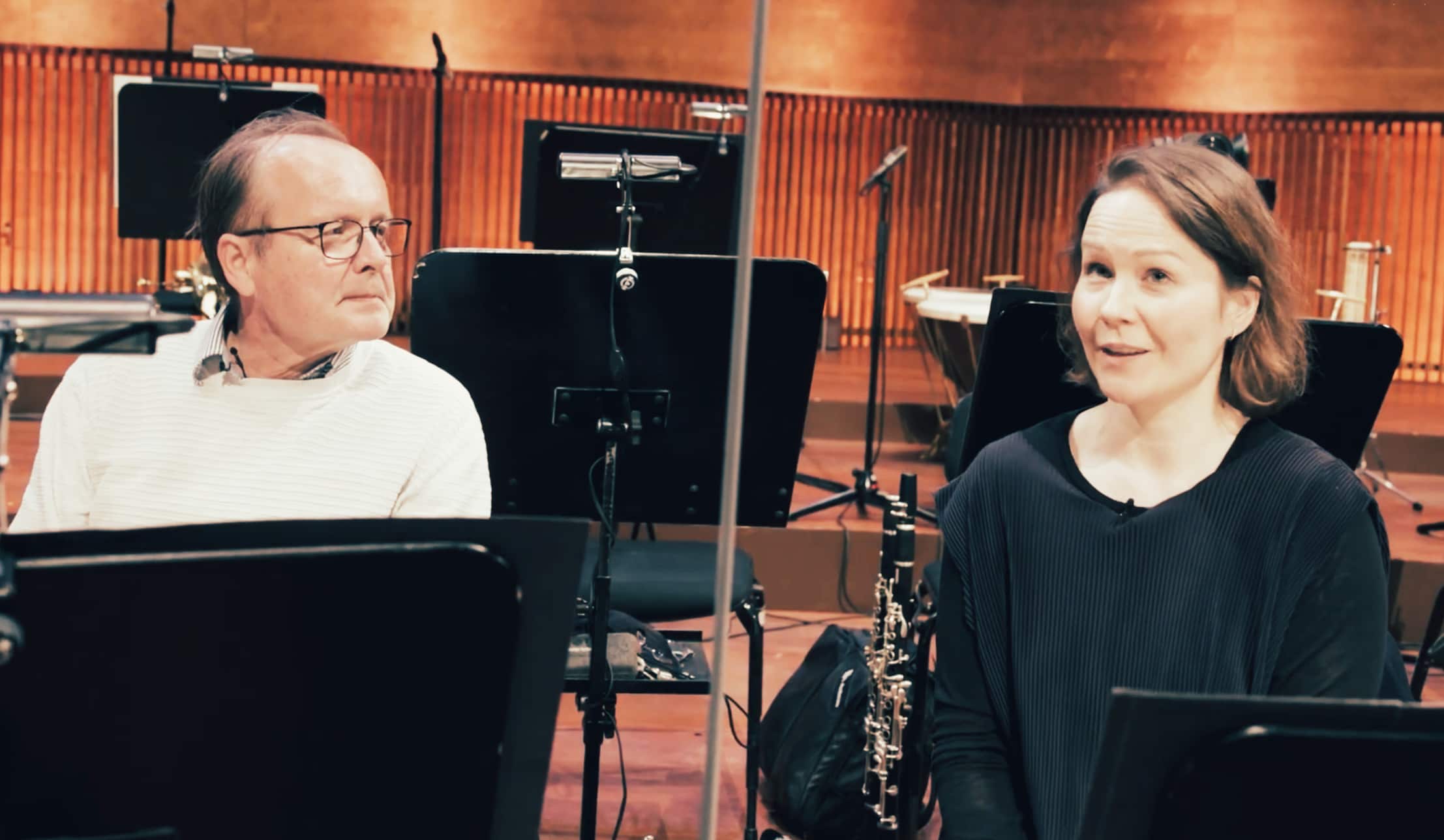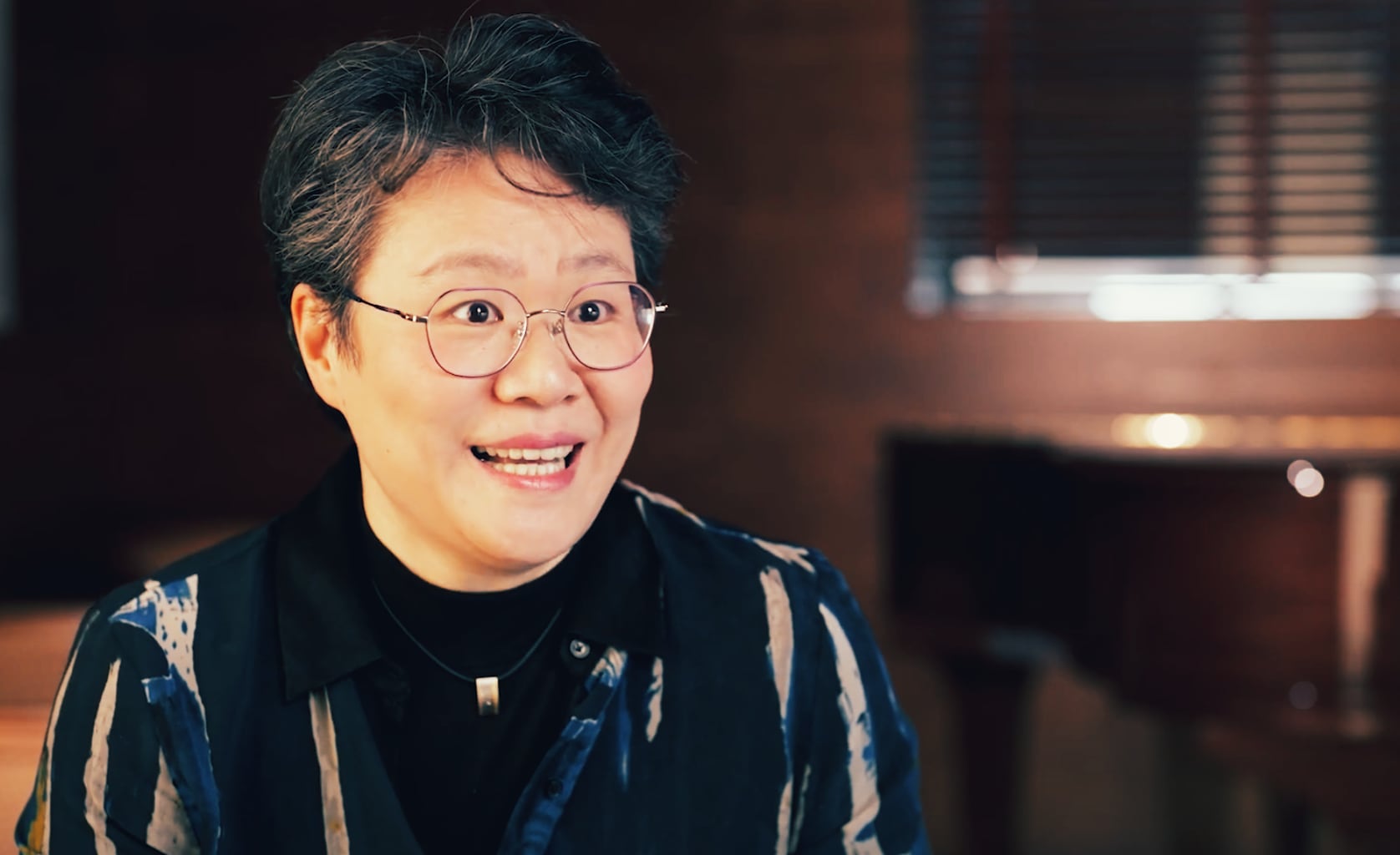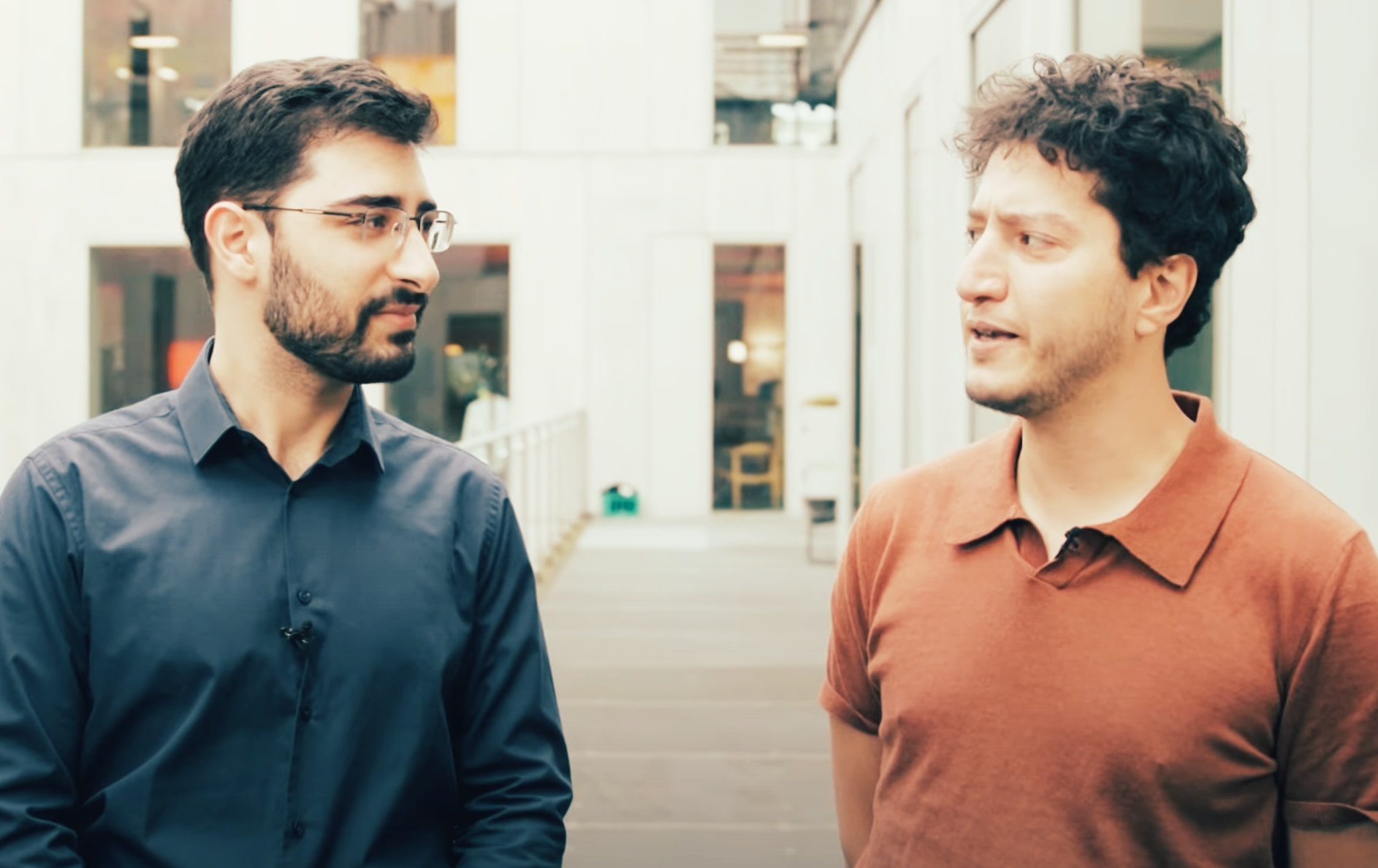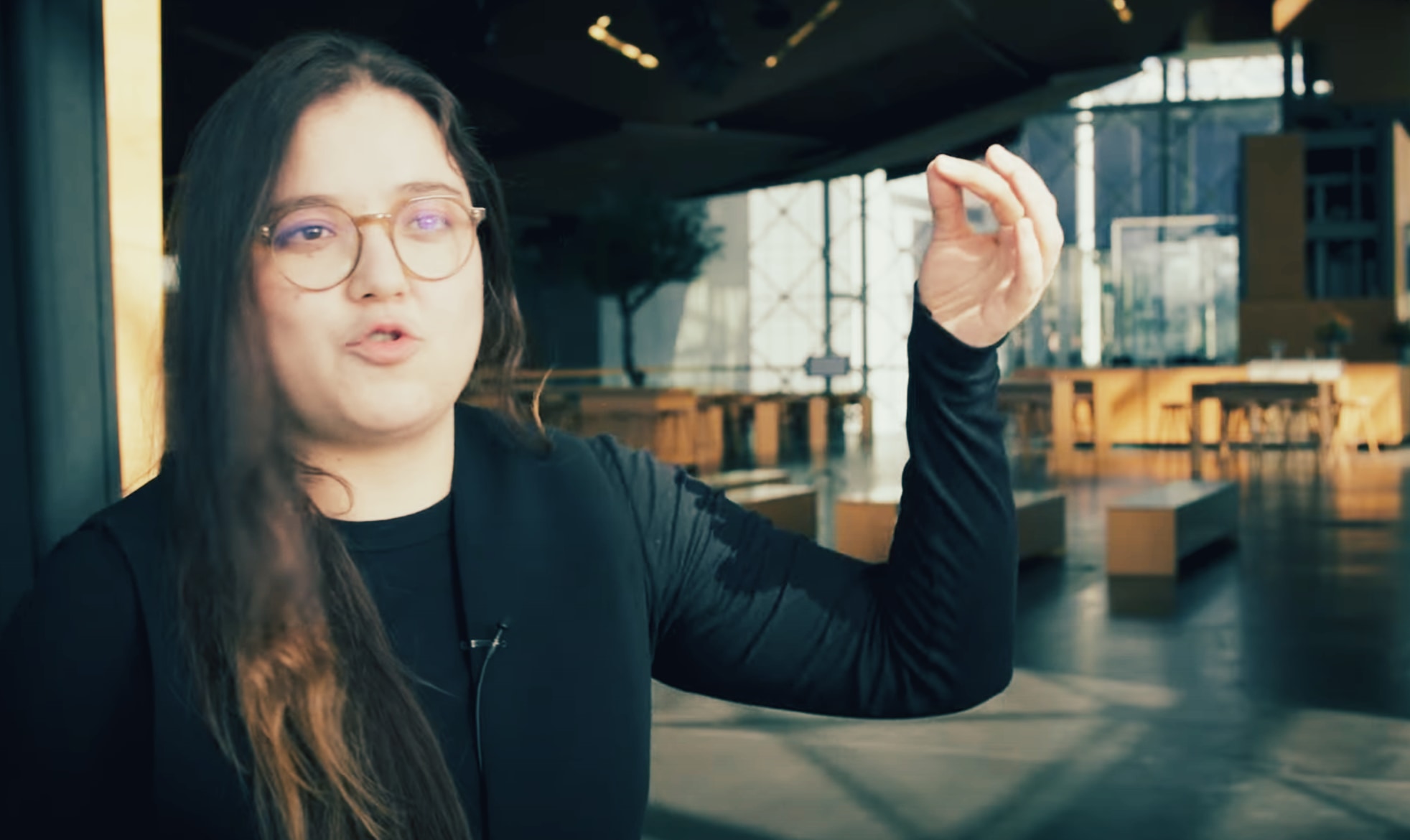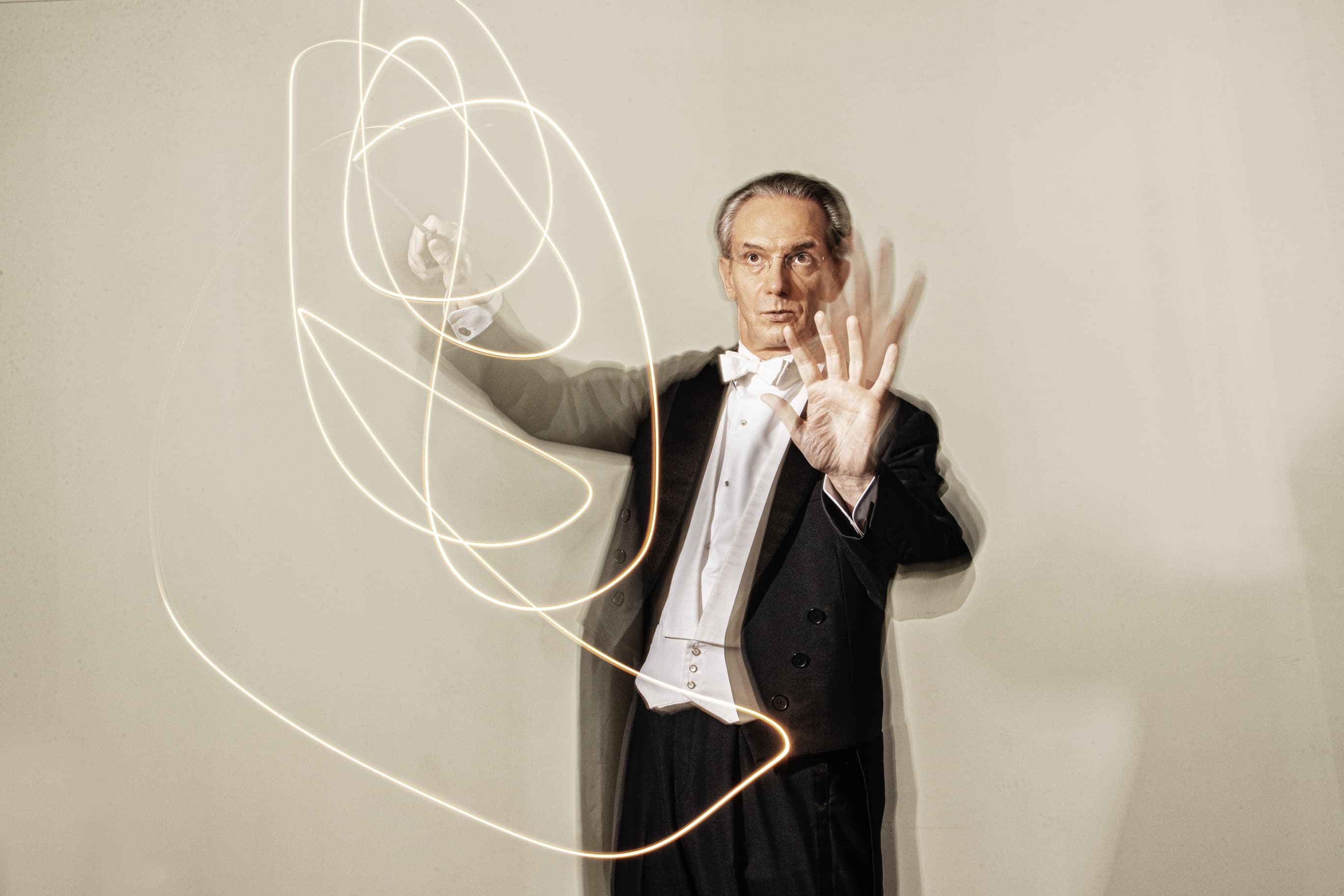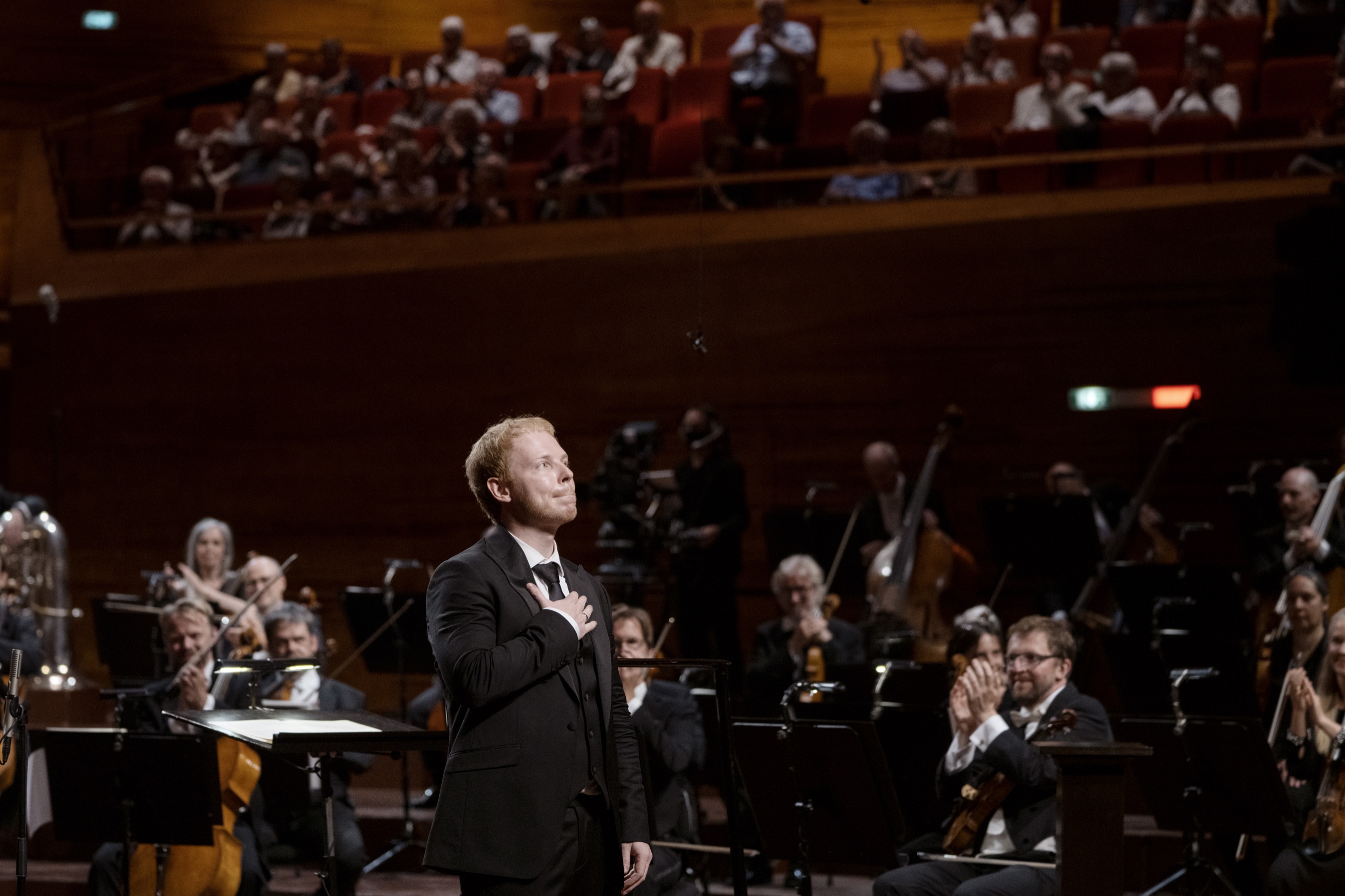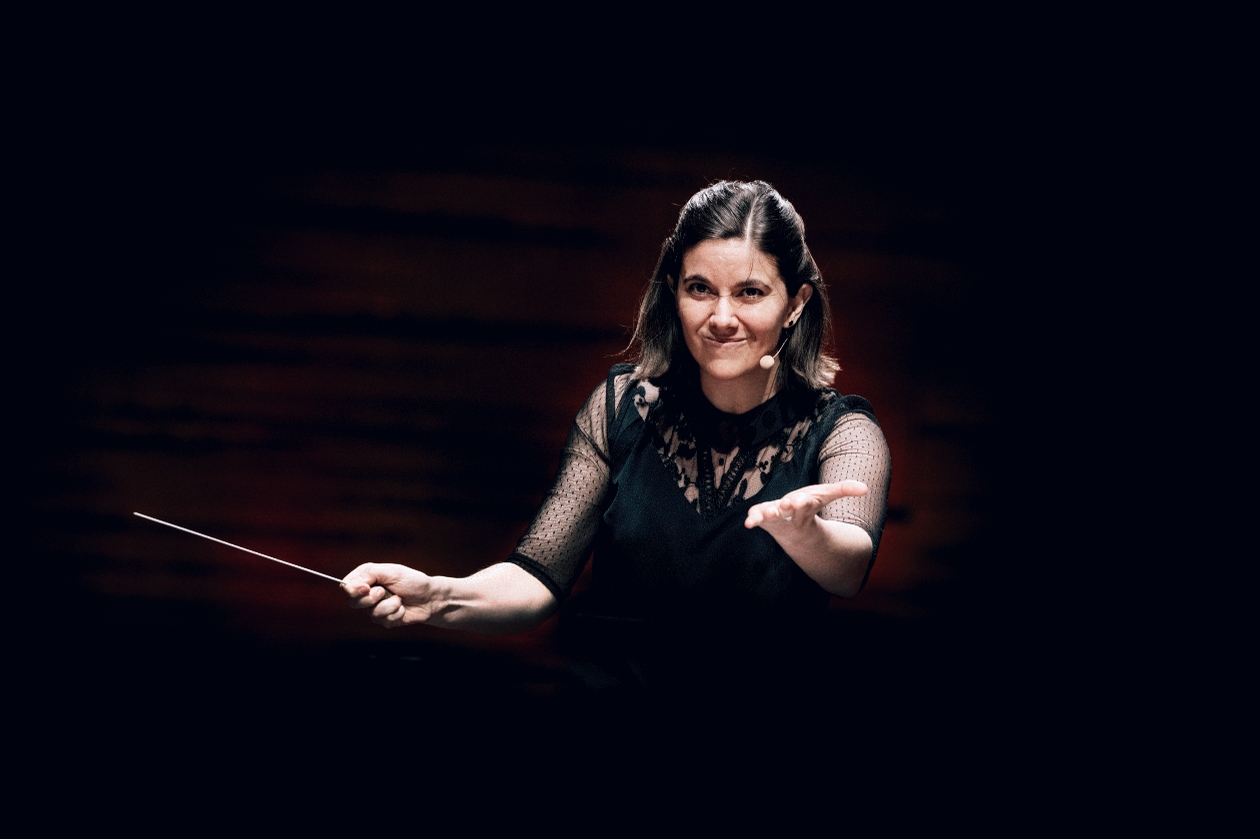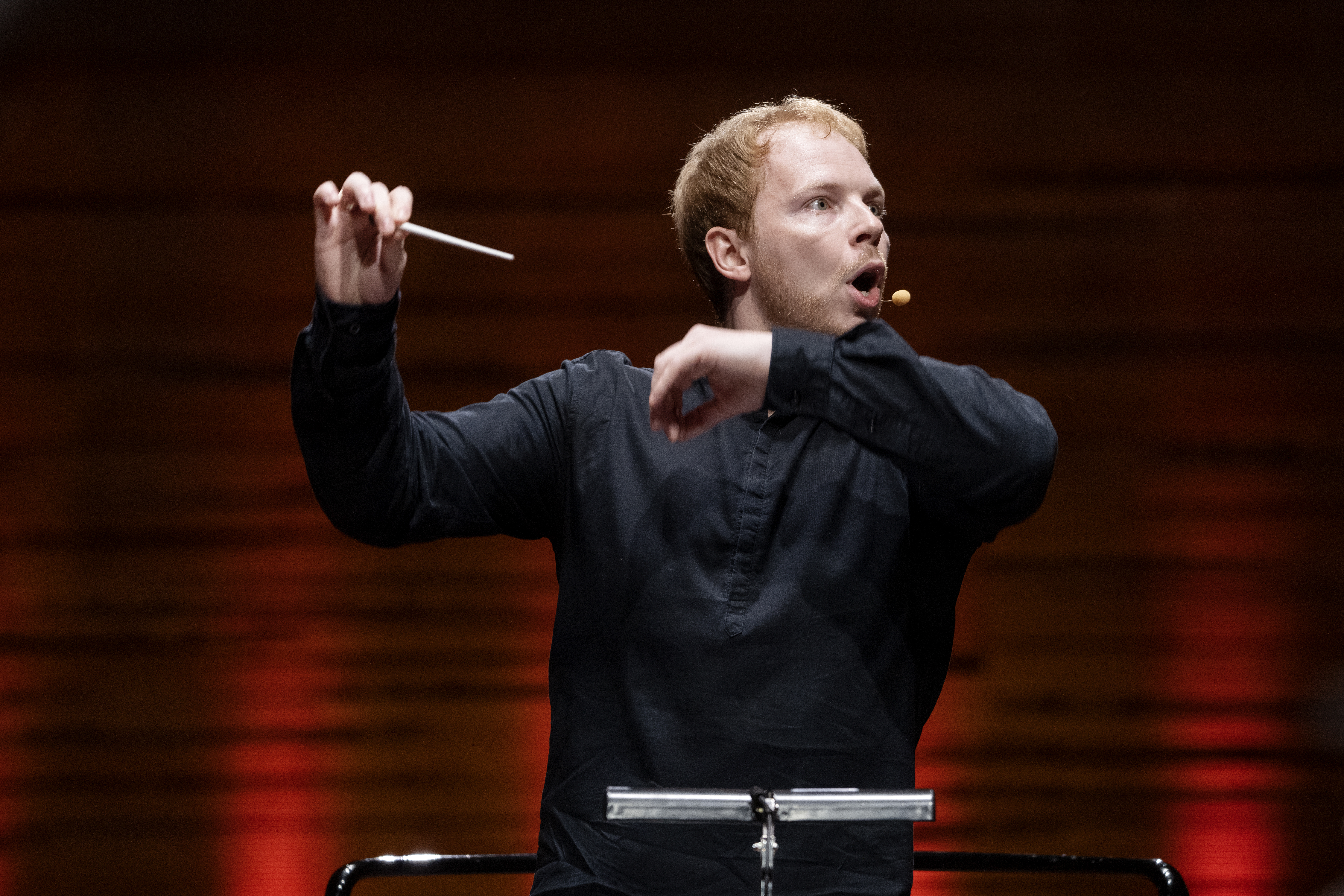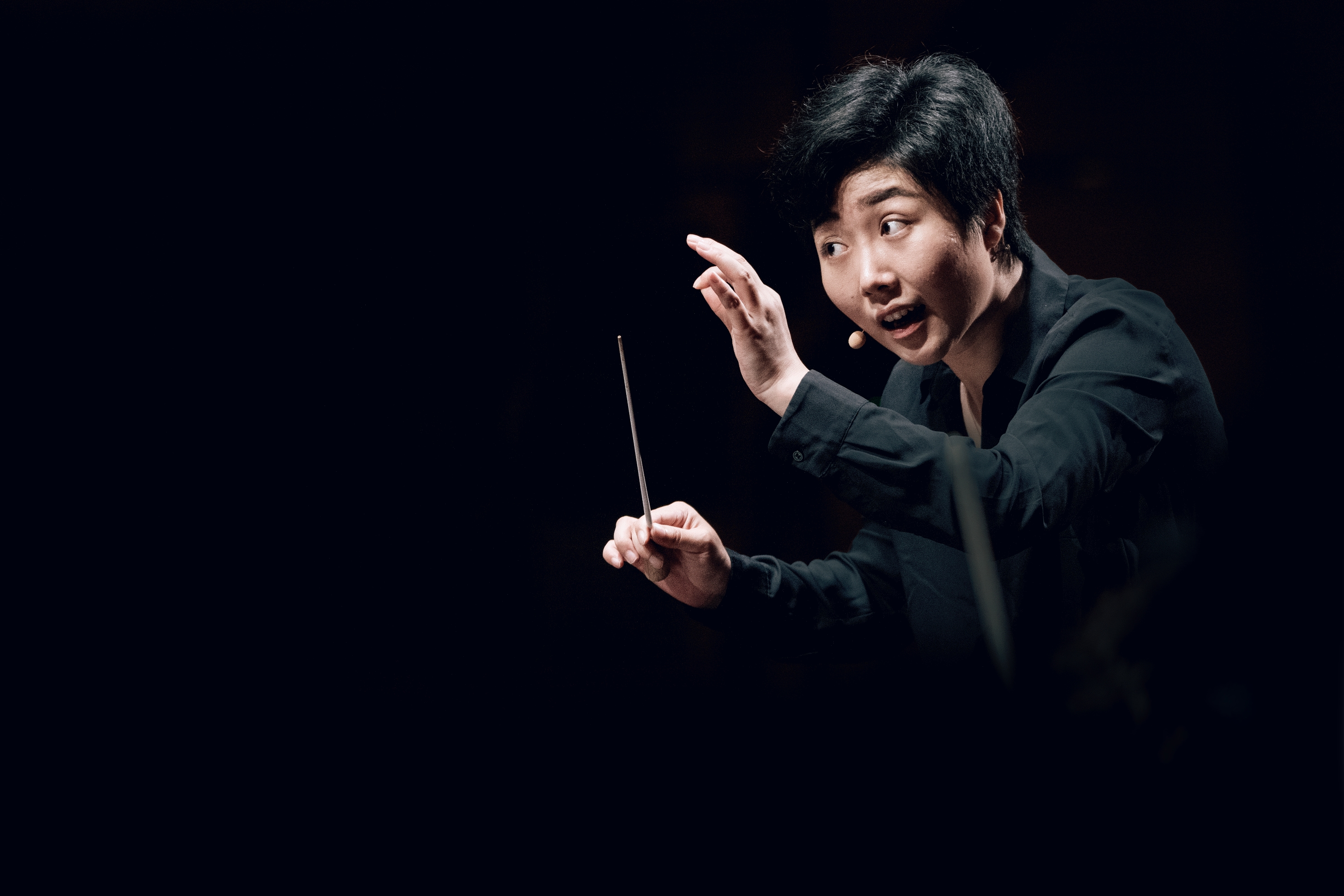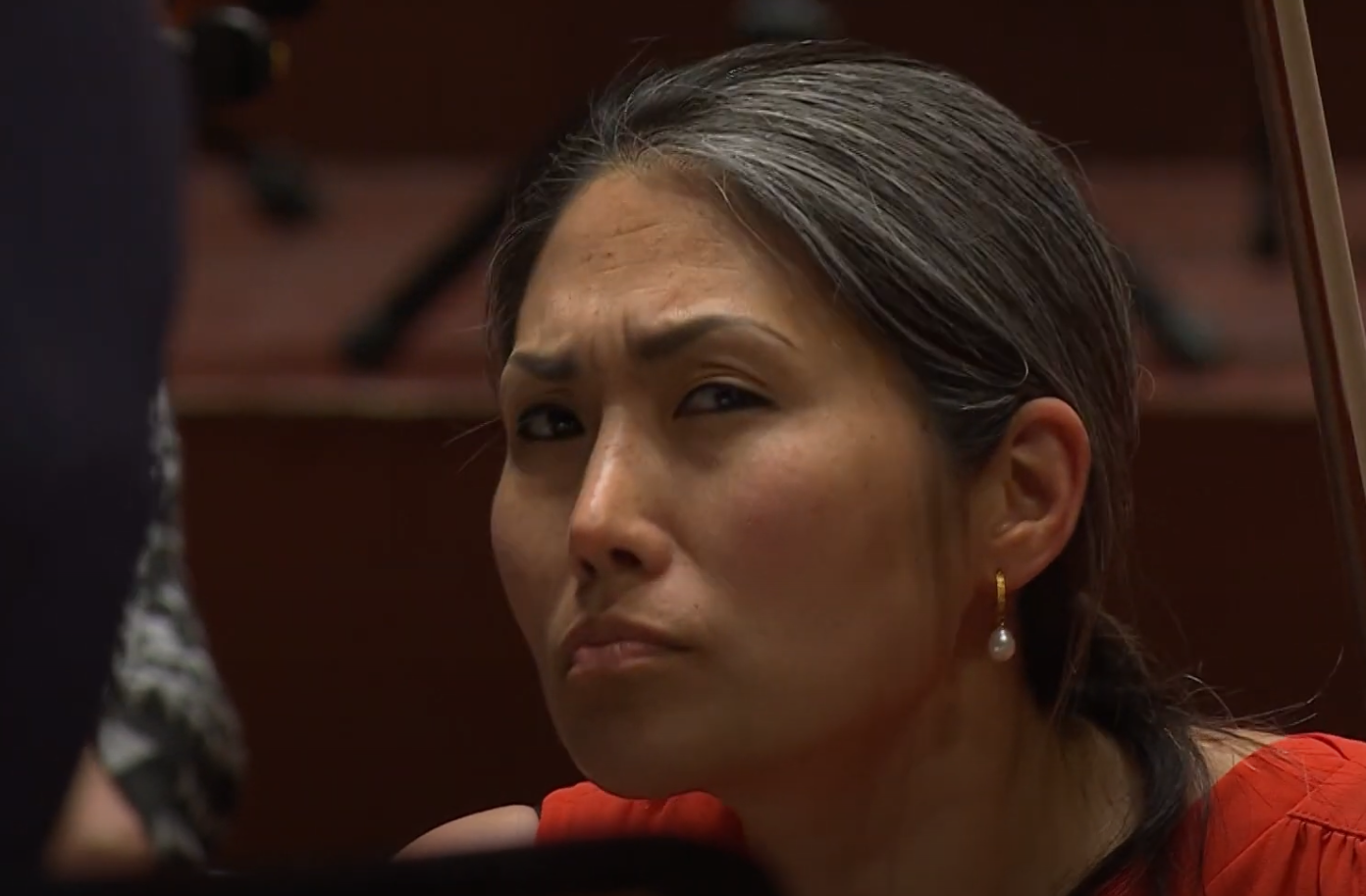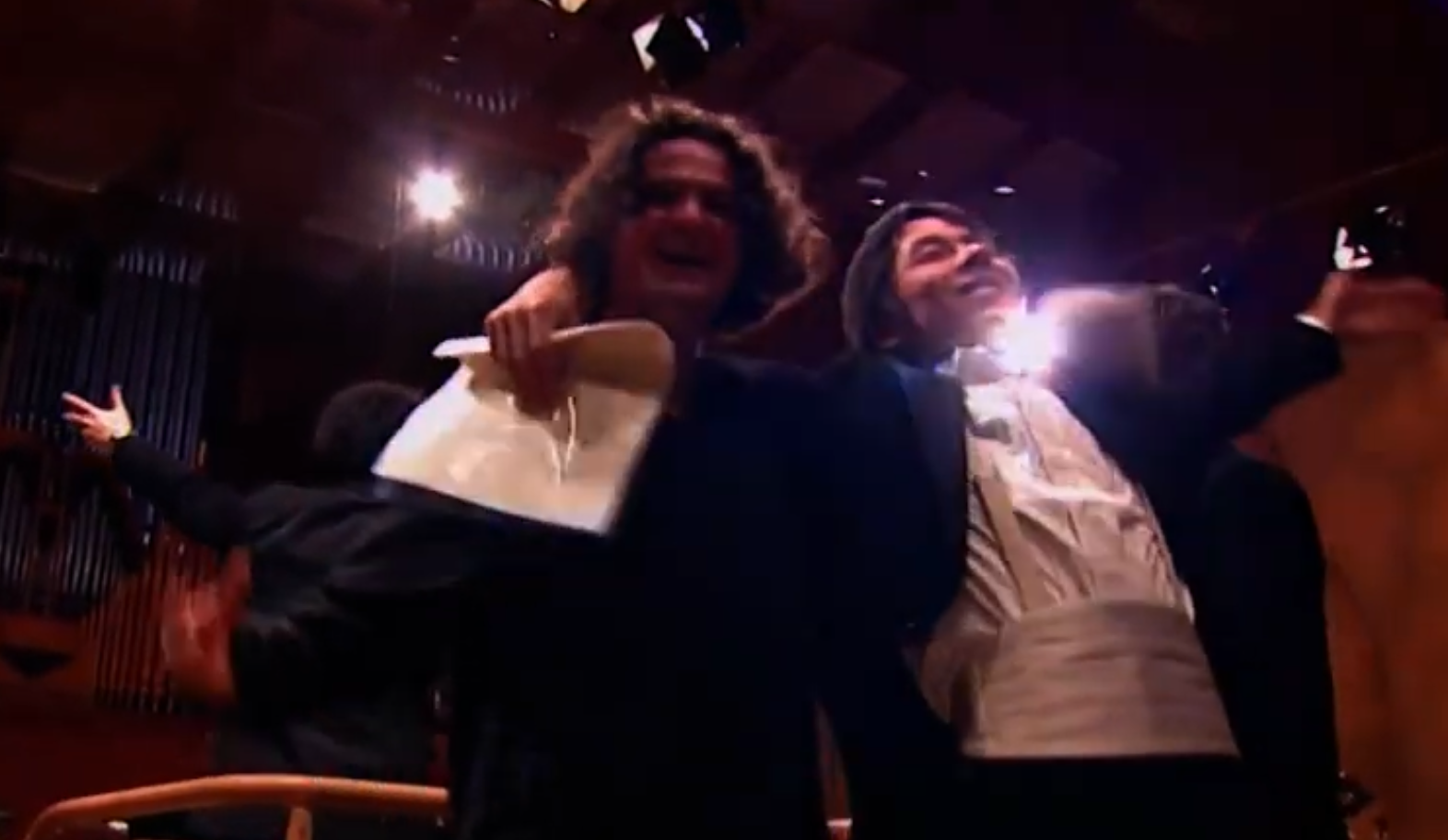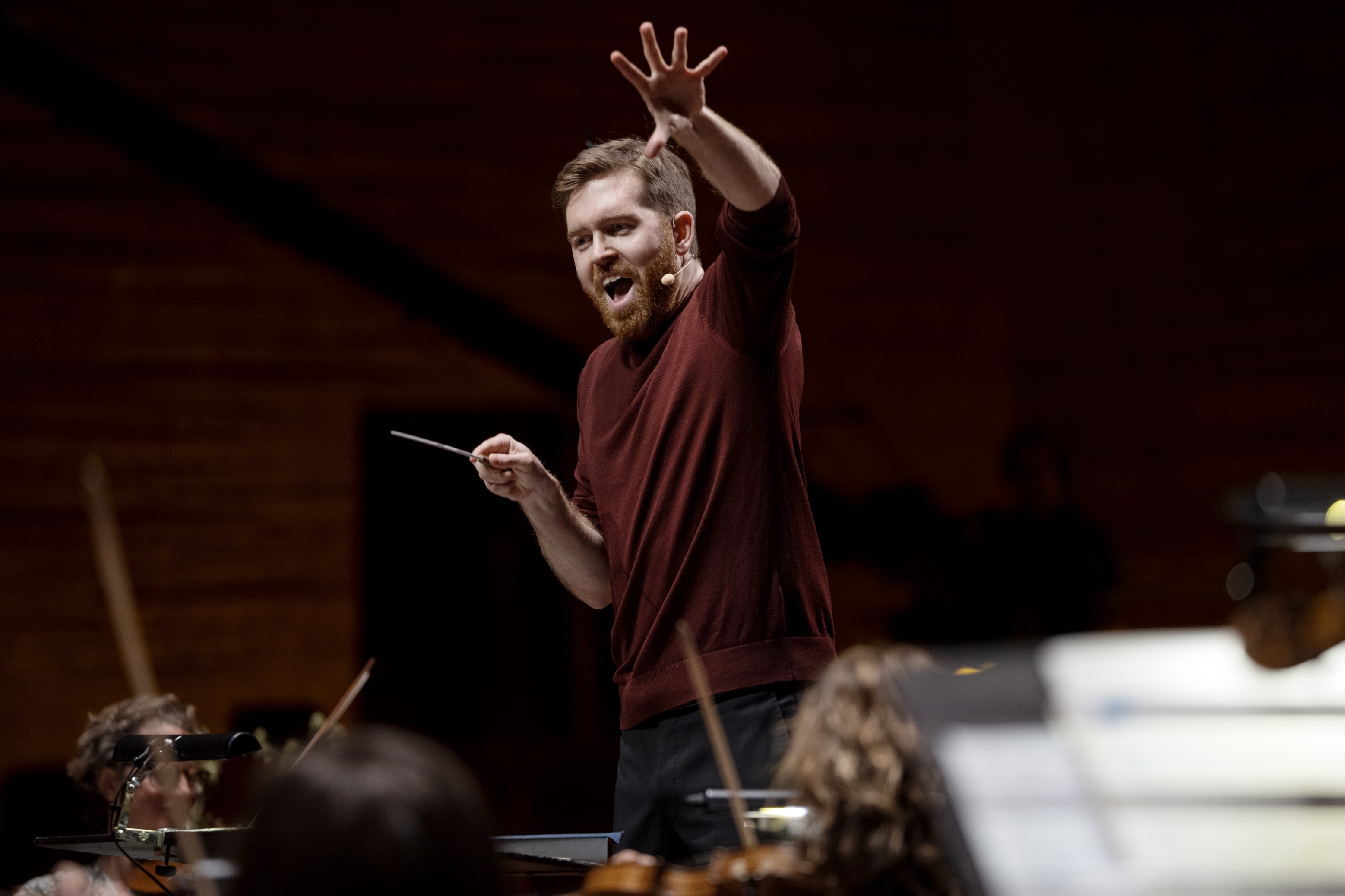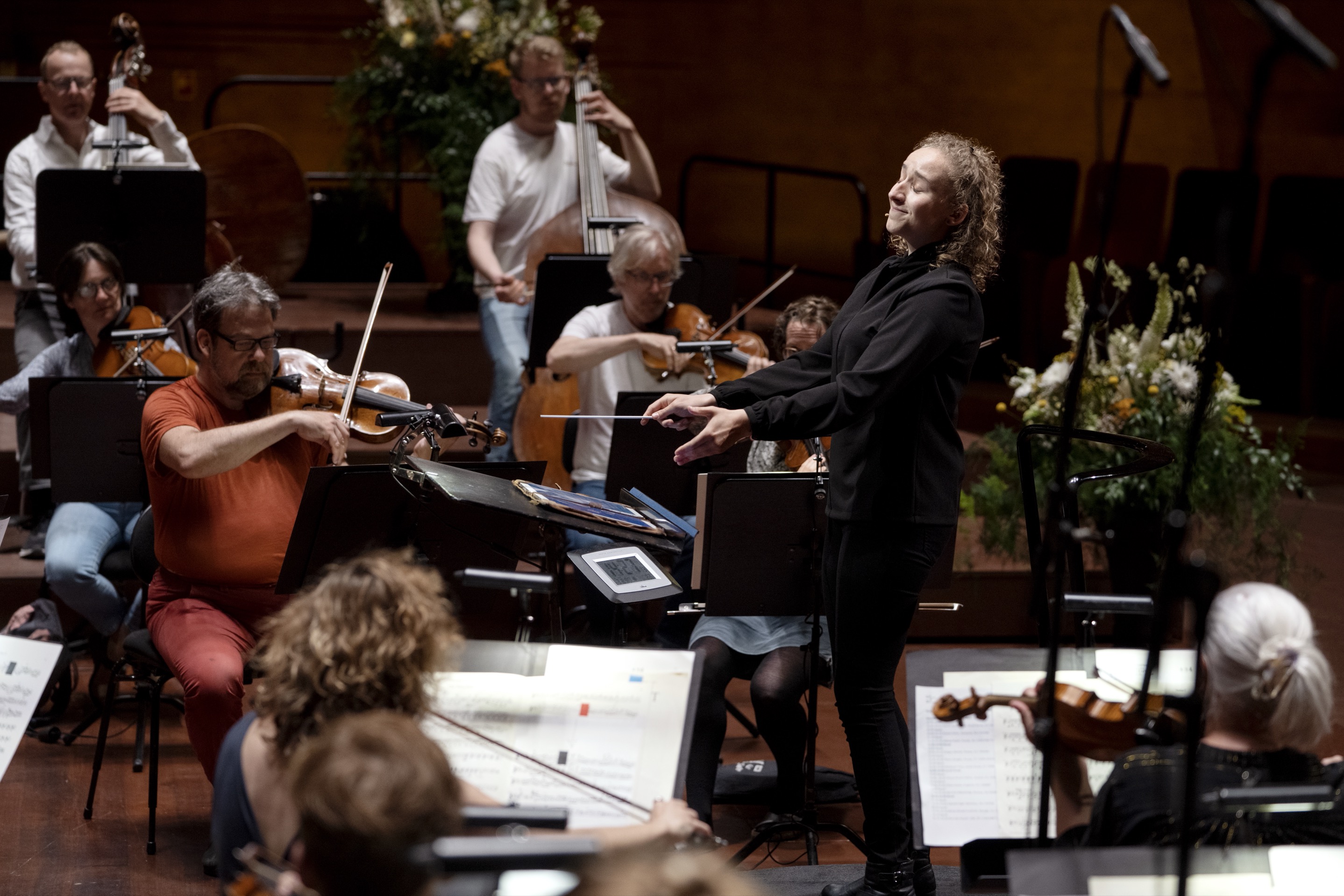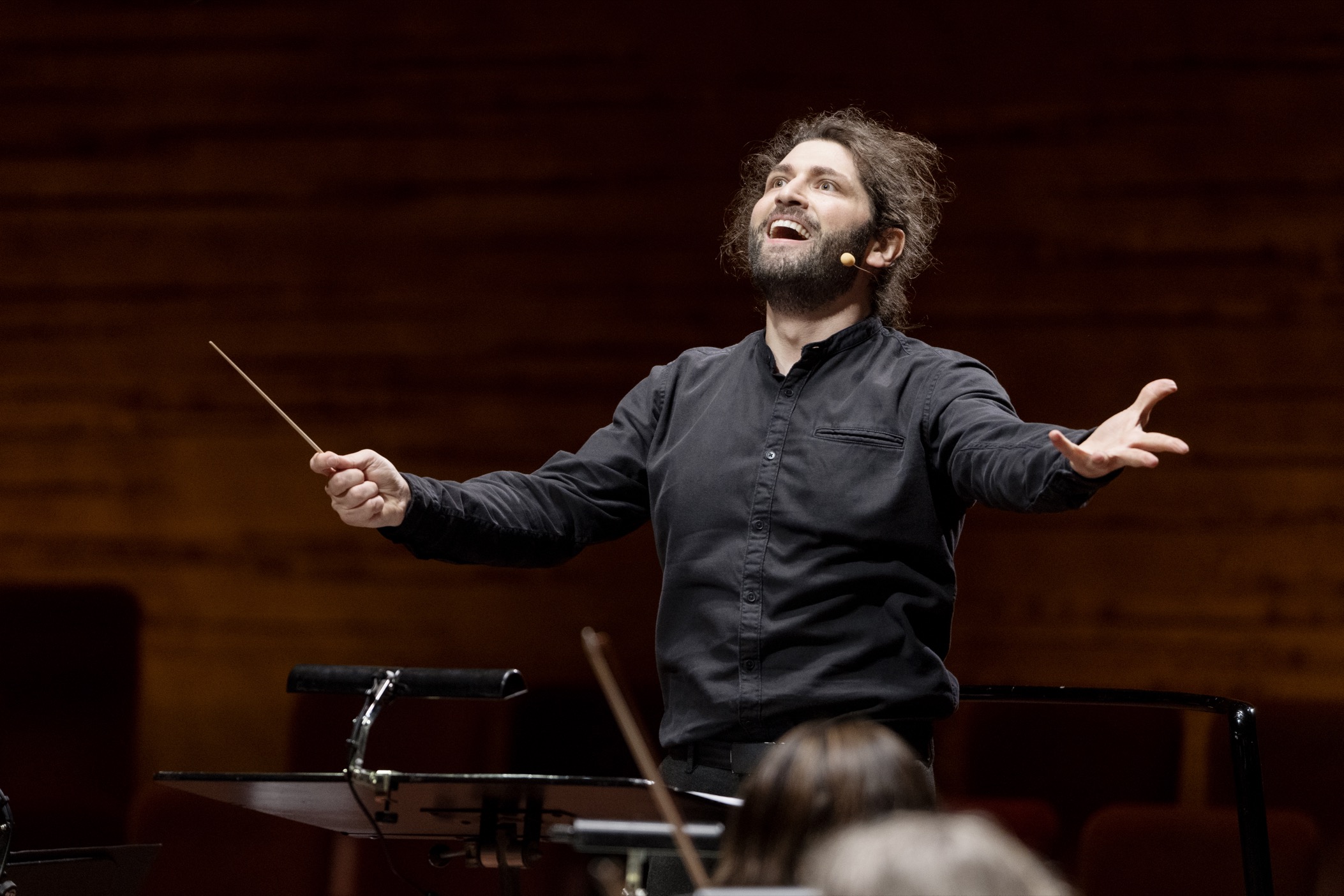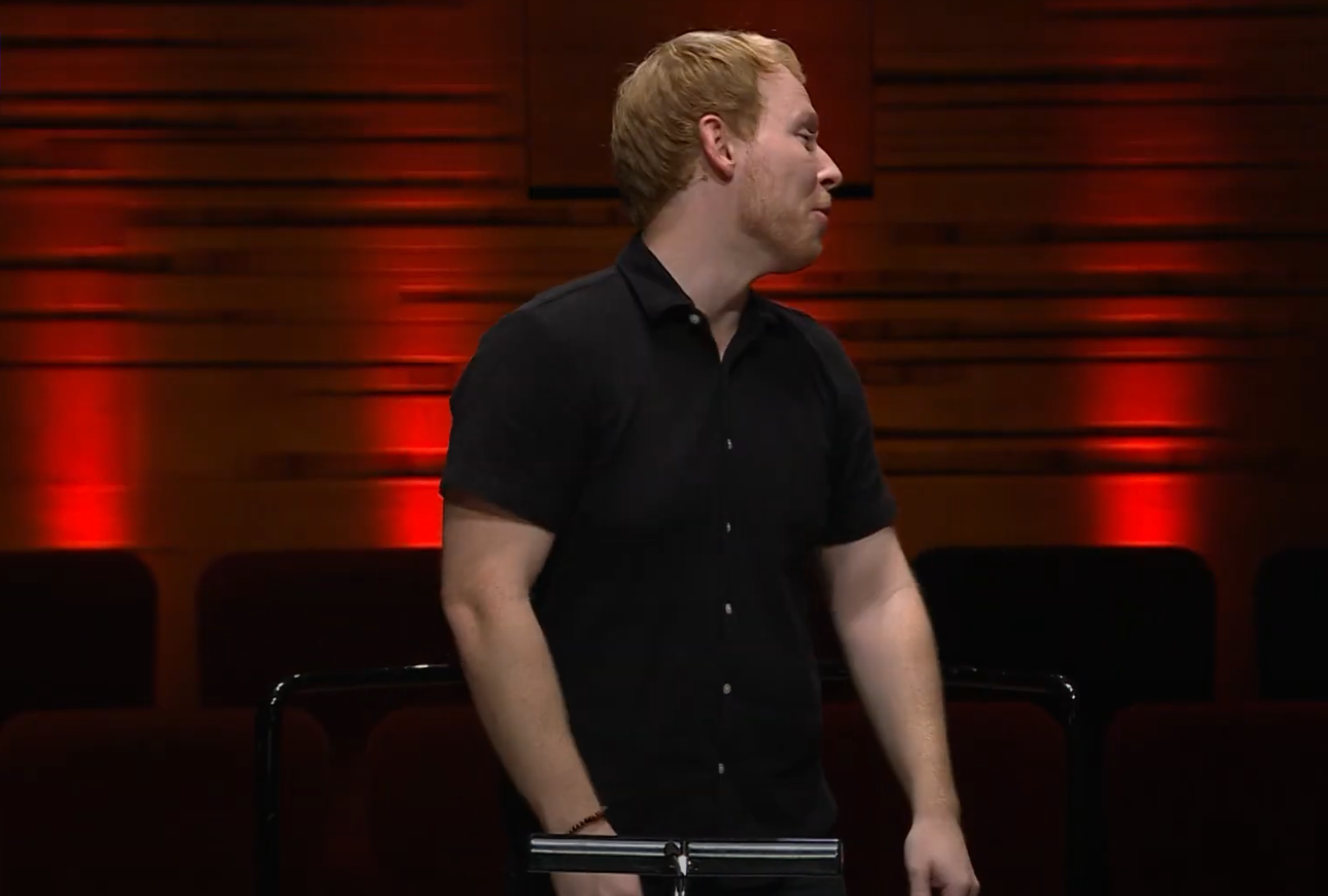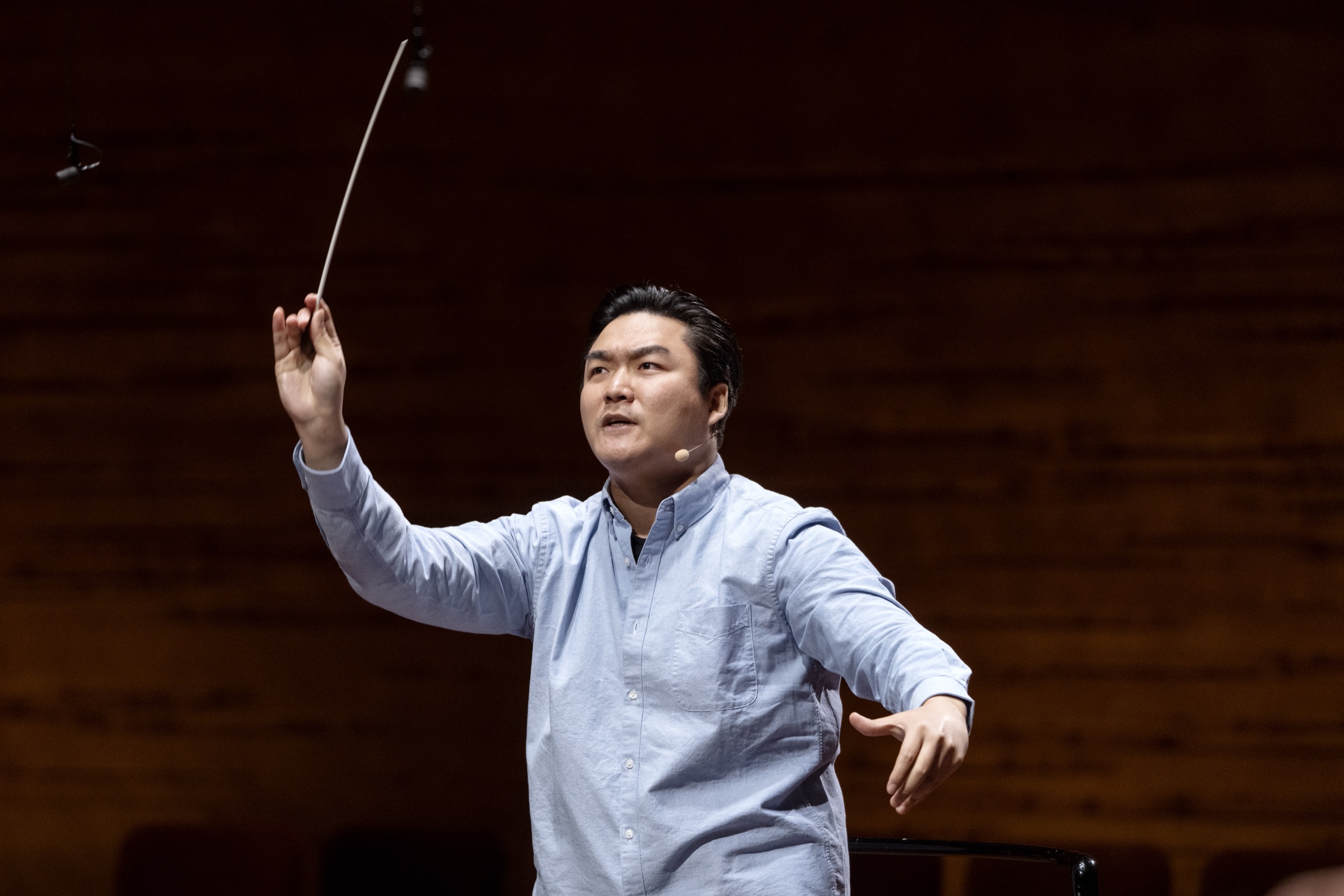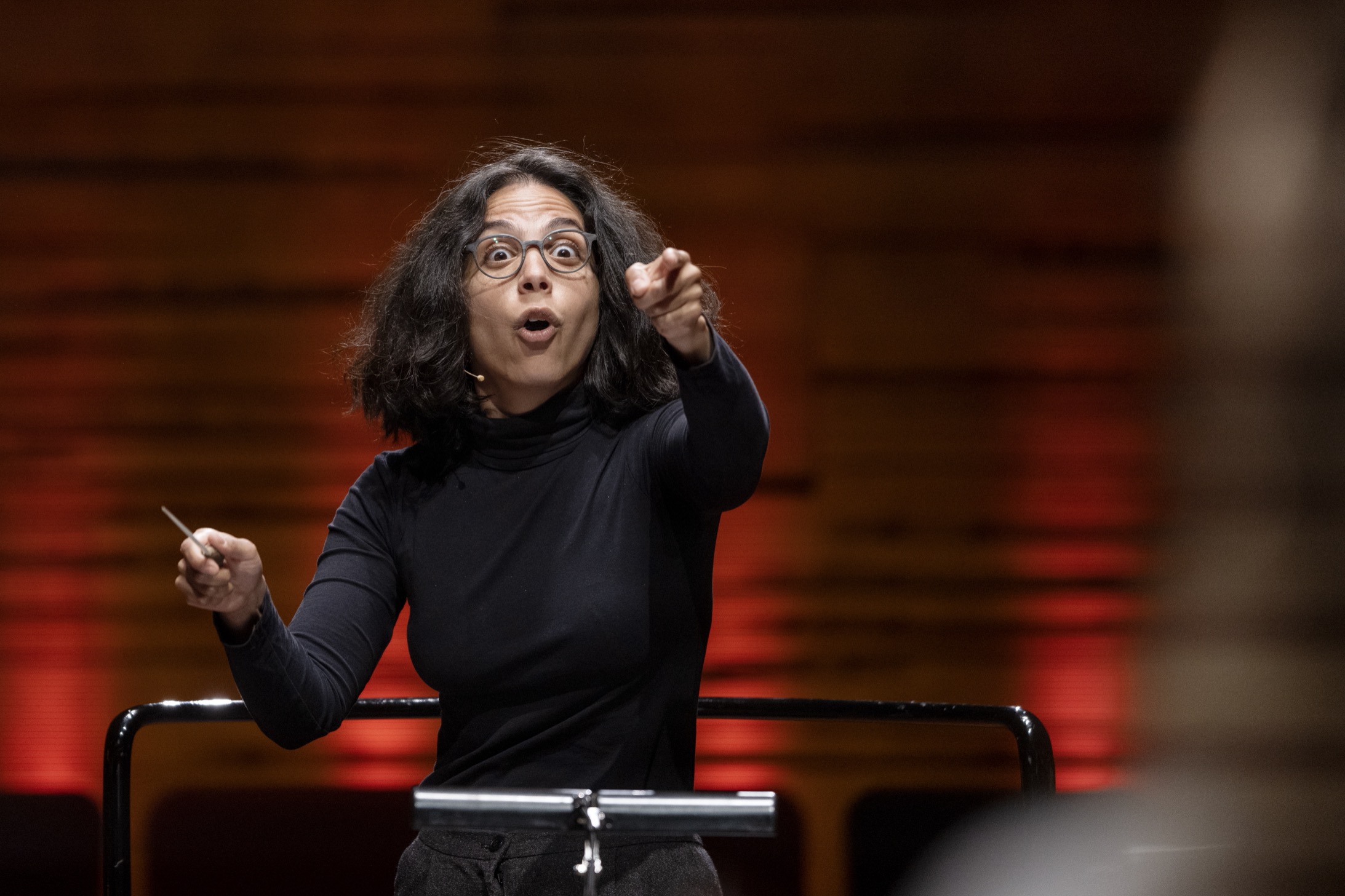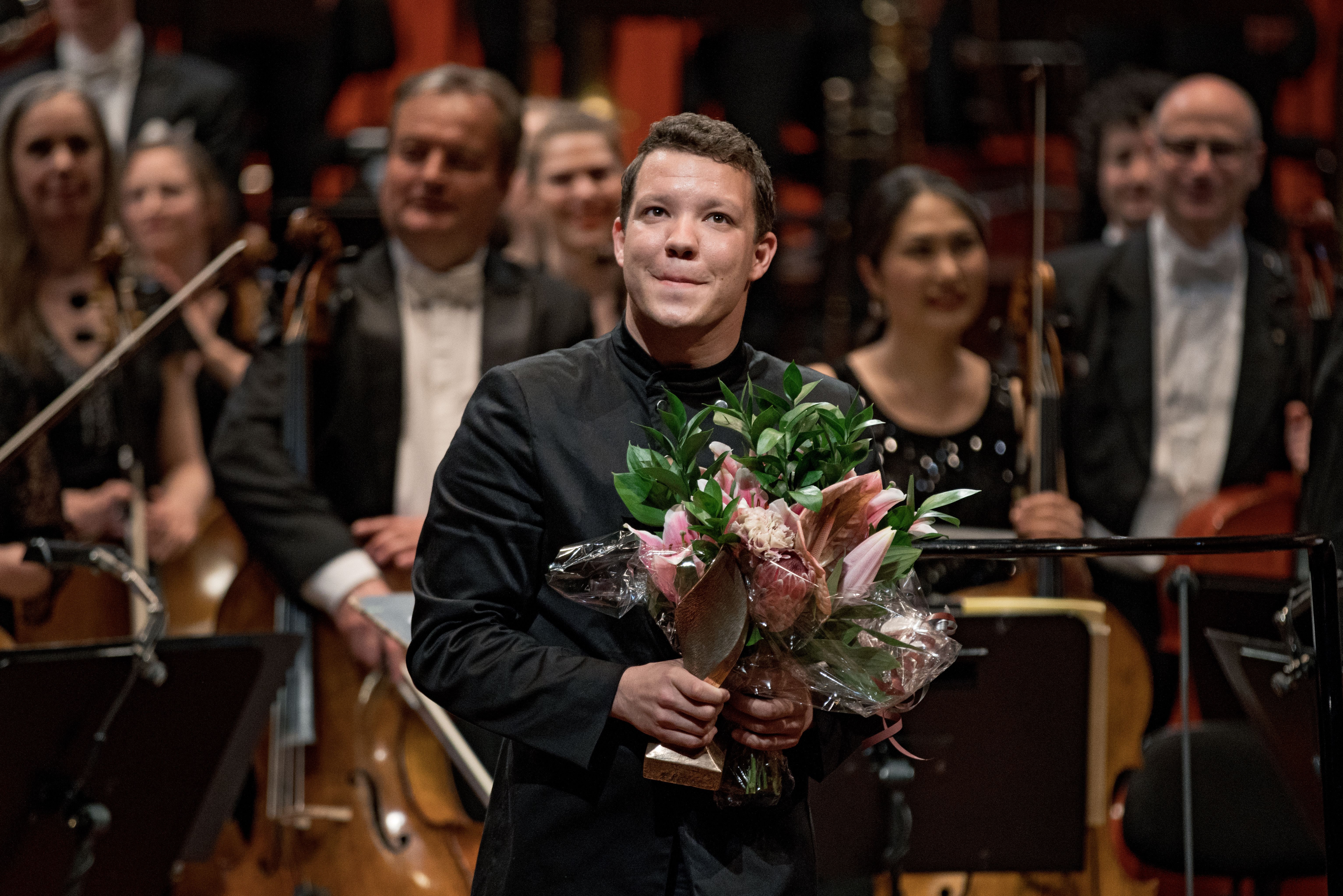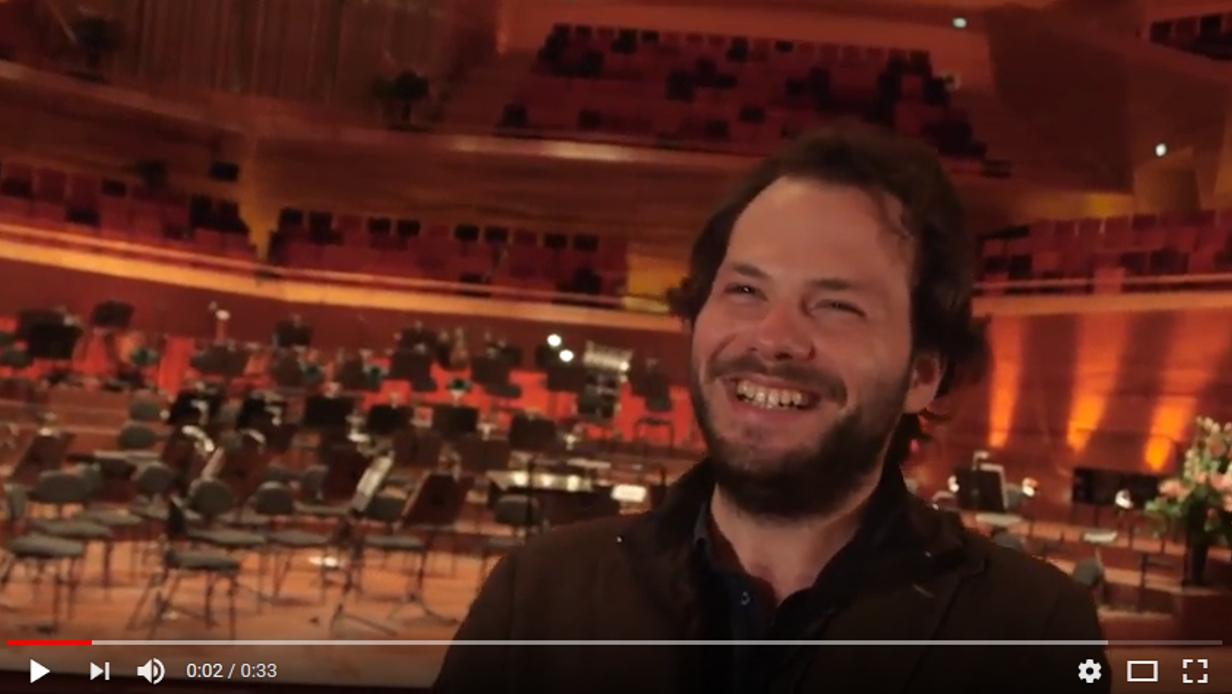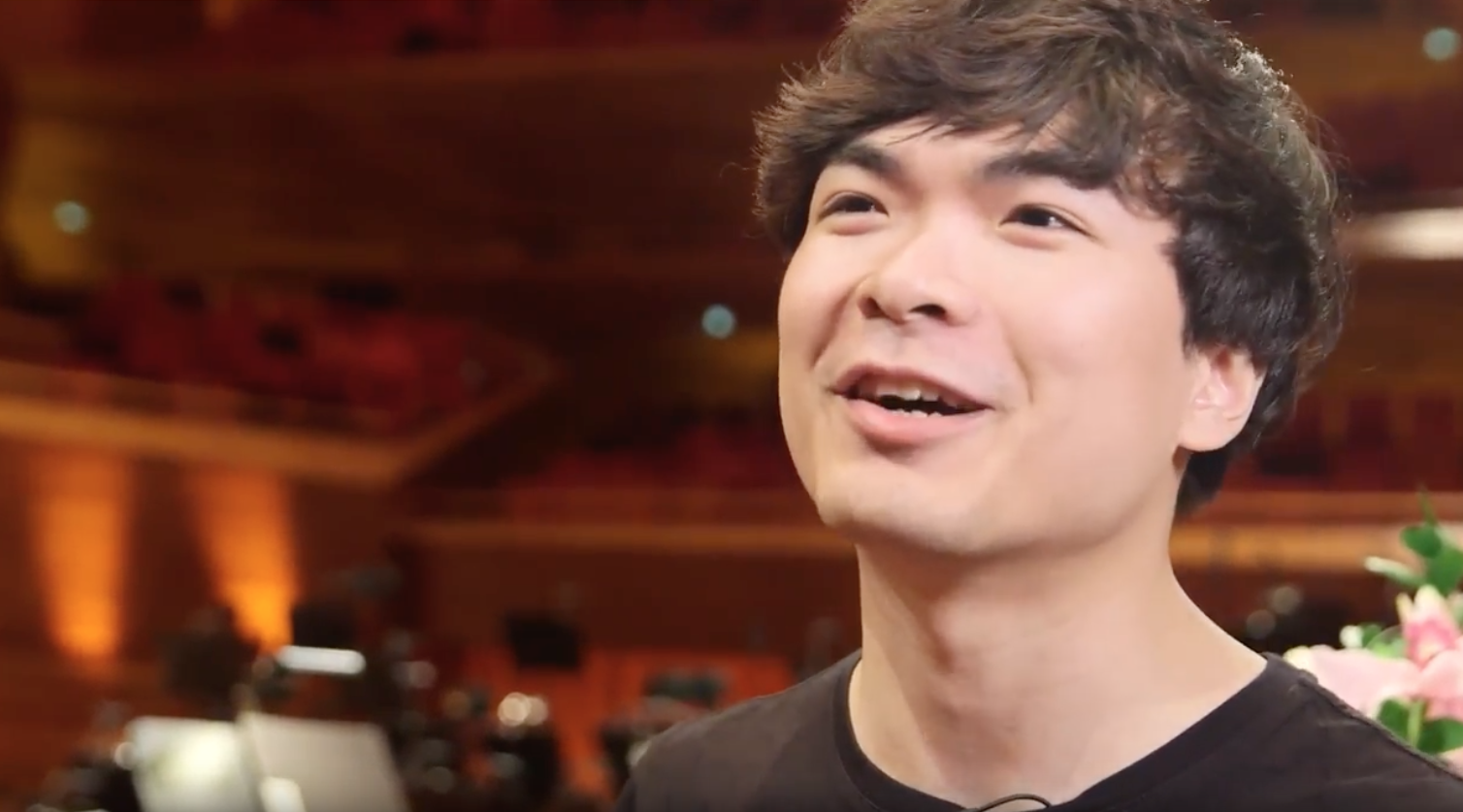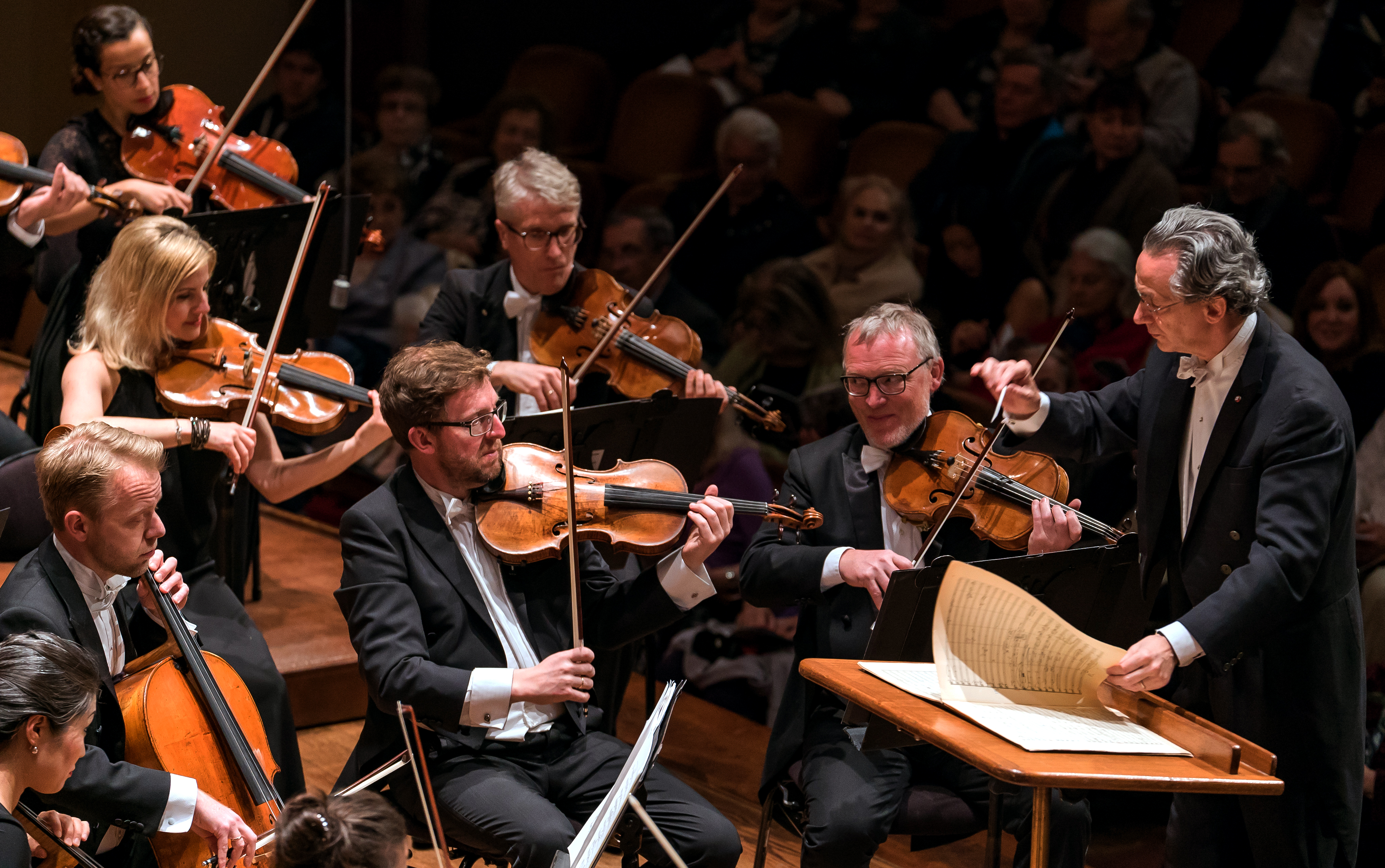Hard work, perfectionism and patience - attributes for any conductor, but ones that personified Nikolai Malko
In 1929, the director of Denmark’s fledgling State Radio, Emil Holm, noticed a young conductor working in Europe who had recently defected to the west from the Soviet Union. His name was Nikolai Malko.
Holm set about luring Malko to Copenhagen - and succeeded. Malko first stood in front of the State Radio’s orchestra on 28 January, 1930. ‘Work ethic and sense of discipline – remarkable,’ he wrote in his diary. ‘An excellent young orchestra.’
The rest is history. Malko masterminded the orchestra’s expansion, schooled its players and gave it the firm musical foundations on which it has been building ever since. He would have been particularly delighted, no doubt, to see what is now the Danish National Symphony Orchestra win the Recording of the Year prize at the 2023 Gramophone Awards.
So who was this Nikolai Malko, exactly? Nikolai Andrejevitj Malko was born in 1883 in Brailiv, a rural settlement in the Vinnytsia Oblast - a department of central-west Ukraine. Malko’s father was Ukrainian and his mother was Russian.
Ukraine under Soviet rule was no picnic. Sadly, though, it was probably easier then than now, as the country continues to endure the invasion from neighbouring Russia. If nothing else, this seems like a good moment to remember that Danish music life has always owed something to Ukraine, via Malko.
At least Malko had the advantage of the Soviet Union’s uncompromising music education system. He studied at the St Petersburg Conservatory and in 1909 was engaged as a staff conductor by the city’s Mariinsky Theatre (then the Kirov).
He worked extensively in Kharkiv (Ukraine) and headed the conservatory in Vitebst (Belorussia, around 250km from Minsk, birthplace of Dmitry Matvienko, the Malko Competition’s 2021 winner). From 1926, he was Chief Conductor of the Leningrad Philharmonic; one of his pupils, Yevgeny Mravinsky, would succeed him in the post. While there, Malko gave the first performance of Shostakovich’s Symphony No 2, a work the composer dedicated to the conductor.
After his first encounter with it in 1930, Malko demonstrated a high level of commitment to his orchestra in Copenhagen. He conducted the first ever Thursday Concert on 28 September 1933 and was still conducting here regularly in 1957, a quarter of a century later.
Malko recorded extensively for EMI. In 1948, he took the orchestra under EMI’s microphones to record Dvořák’s Symphony No 9, From The New World (a piece contestants will negotiate in Round 2 of this year’s competition). In 1999, Gramophone magazine’s Rob Cowan wrote retrospectively of the recording as ‘a supremely natural reading, bracing as Spring air…. The Largo’s solemn closing moments - taken at a very broad tempo - are unforgettably poignant.’
Malko’s career took him to all the major London orchestras - he recorded with the BBC Symphony and Philharmonia - to Illinois, Michigan and beyond. At the time of his death in 1961, he was Chief Conductor of the Sydney Symphony Orchestra. Four years later, his descendants in the USA set about establishing the competition that would bear his name. But there was never any doubt as to which orchestra would take ownership of it.
Malko’s legacy includes a book outlining the fundamentals of his craft: The Conductor and His Baton. But it’s the triennial Malko Competition that embodies the late conductor’s spirit of improvement, opportunity and hard work. Malko didn’t always have had it easy - forced, effectively, to ply his trade in exile. One quality he apparently shared with many fellow Ukrainians, was steadfastness in the face of the task in hand. There is plenty to inspire us there.
Andrew Mellor
